Blogs
One of the most challenging parts of being in recovery for alcohol use disorder (AUD) is dealing with society's normalization of alcohol, a deadly drug. Alcohol is everywhere. Some days, triggering situations come at me more quickly than I can process them. Some days, I want to crawl into bed, pull the covers over my head, and stay there forever because that feels like the only safe place in this alcohol-obsessed culture.
Have you ever considered a mental health self-care tip and thought, "That’s not for me?" I know I have. Those kinds of tips used to make me feel even worse about myself because, gosh, how broken was I really if those didn't appeal to or work for me? The secret is that I’m not any more broken than the next person. I just had to find what works for me, even if it’s an unconventional self-care exercise. Doing that really helped me make strides in my recovery.
I’m Hayes Mitchell, and I am excited to join "The Life: LGBT Mental Health" blog. I’m a mental health writer with a Bachelor of Fine Arts in writing with a minor in psychology. I identify as queer and transgender (trans). I began discovering my identity back in high school. Today I’m 22 and still learning about myself every day. I’ve changed my labels many times over the years. I’ve identified as bisexual, pansexual, asexual, and demisexual. I tend to withhold telling people because when I change my mind, I don’t want them to discredit my past experience. Every one of those identities has been real to me at each point in my life. I believe in gender and sexuality as being a spectrum. Everyone exists somewhere on that spectrum.
I think I’m on a very good medication cocktail. There are several reasons why, but the funniest one is that when I typed “medication cocktail” into my notes on my phone as a story idea, the predictable word “hour” appeared. I was able to see the humor in that, and when I told my husband, Tom, about it, he said, “Medication happy hour!” and we both laughed. Ain’t love grand?
Living with verbal abuse can drastically alter your life choices and how you navigate the world. However, it's critical that you break away from being the victim if you are recovering from a verbally abusive past. Dealing with abuse is only part of your story and is not the only way to define you as an individual.
I’m Rachel Craft, and I’m excited to join the "Coping with Depression" blog at HealthyPlace. I was diagnosed with depression over a decade ago in college. As a type-A perfectionist, I was constantly overwhelmed with stress and never got enough sleep. My habitually low self-esteem took a dive at one point, and I developed an eating disorder and started experimenting with self-harm. It was a terrifying period of my life because I realized I might not survive if I didn’t find help.
Hello, my name is Obsessed with Metrics. I say this with snark, but I also genuinely mean it. A few months ago, when I wrote about my exercise addiction, I briefly touched on how metrics fuel this behavior. I count the number of steps I take. I count the number of miles I run. I count the number of stairs I climb. I count the number of minutes I exercise. I count the number of calories I burn. At times, I feel like a human calculator—ironic, since math has never been my strong suit.
After a year of blogging for HealthyPlace, I must now depart. However, a long goodbye isn't really useful for anyone, including me. So this final post is addressed to you -- the undiagnosed reader who suspects they may have attention-deficit/hyperactivity disorder (ADHD) and is looking for guidance on how to proceed.
When you struggle with anxiety, it is sometimes inevitable that you will also cope with depression. The constant worry, the feelings of insecurity, the fears, feeling overwhelmed, and most noticeable for me, the feelings of exhaustion from the anxiety -- all of these things can lead to suddenly feeling down. What has concerned me about this in the past has been that if I feel down and continue to feel this way, the depression may become severe to the point that it is difficult to pull myself out. So I've had to be mindful of taking care of myself in order to avoid anxiety becoming depression.
Taking risks has a bad reputation. We advise people against decisions that seem "risky," warn children away from capers that might result in injury, and, as a general rule of thumb, seek certainty at all costs. On the surface, this ethos makes perfect sense. Why take risks when the odds are against you? After all, that's what risk is: a poor probability or an unlikely shot.

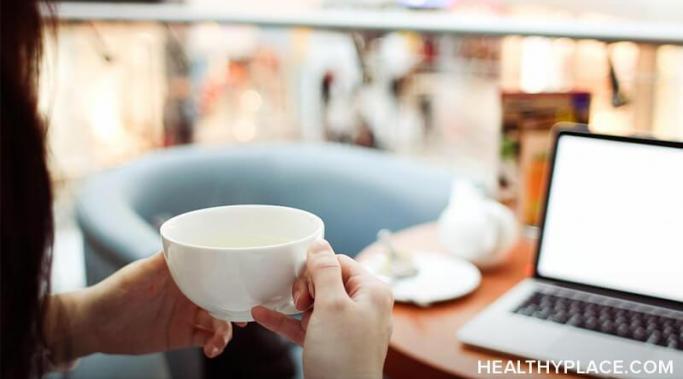
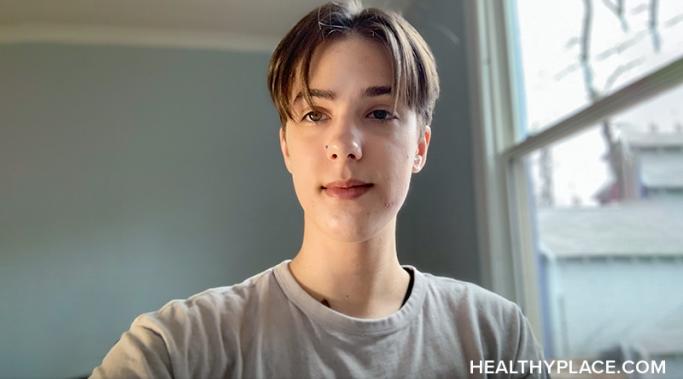



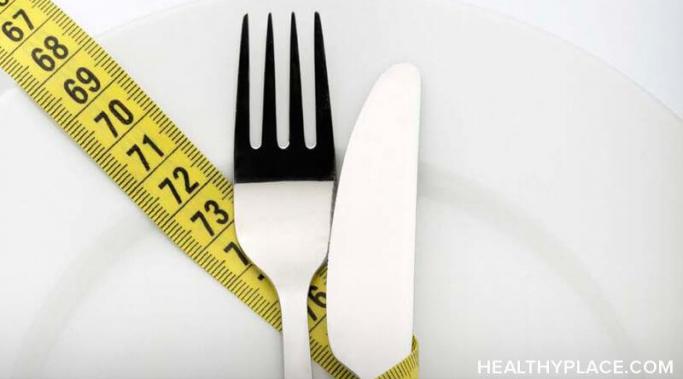
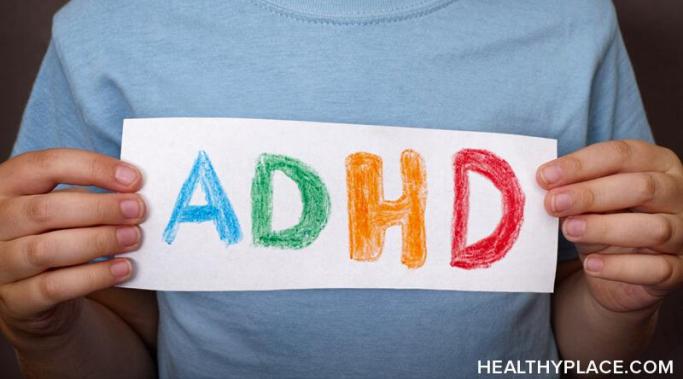

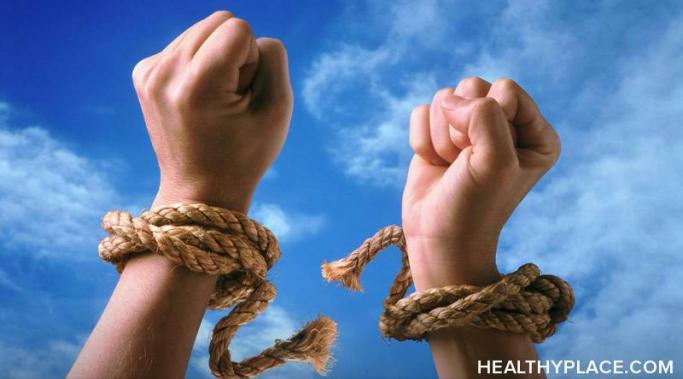
I read this book many years ago, just as I was entering the turmoil of remembering, questioning and doubting myself all the way (as I'd been covertly taught over a lifetime). I happened to mention to my two sisters one day, "This is so strange but I've been diagnosed with PTSD." Both my sisters surprised me by responding, "Me too."
THEN I happened upon an old book manuscript that my now deceased father had written (not published), wherein the protagonist was obviously based upon himself and he rapes his "fiancee," who had my unusual name. Yes, truly.
Then I made myself look at the peculiar memory I always had where he violently threatened me but somehow I had never been able to recall what came before or after the episode. I had to admit that was a bit strange.
The pressures and powers to forget sexual abuse are great, both in family and society. In fact, I've come to the sad conclusion that the vast majority of survivors never really deal with their childhood wounds (a neglect for which there are always repercussions).
To critique an encouragement of people trusting their intuition in such matters is really getting the prescription dangerously wrong.
Thanks!